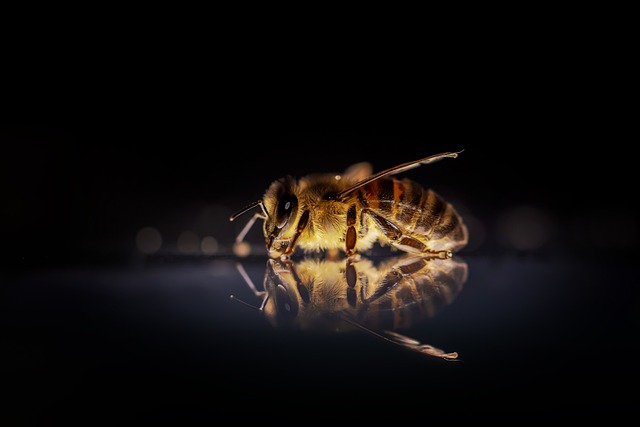|
Click to listen to this article
|
The first bees evolved on an ancient supercontinent more than 120 million years ago, diversifying faster and spreading wider than previously suspected, a new study shows.
Led by Washington State University researchers, the study provides a new best estimate for when and where bees first evolved. Newly published in the journal Current Biology, the project reconstructed the evolutionary history of bees, estimated their antiquity, and identified their likely geographical expansion around the world.
The results indicate their point of origin was in western Gondwana, an ancient supercontinent that at the time included today’s continents of Africa and South America.
Previous research established that the first bees likely evolved from wasps, transitioning from predators to collectors of nectar and pollen. This study shows they arose in arid regions of western Gondwana during the early Cretaceous period.
The researchers found evidence that as the new continents formed, bees moved north, diversifying and spreading in a parallel partnership with angiosperms, the flowering plants. Later, they colonized India and Australia. All major families of bees appeared to split off prior to the dawn of the Tertiary period, 65 million years ago—the era when dinosaurs became extinct.




